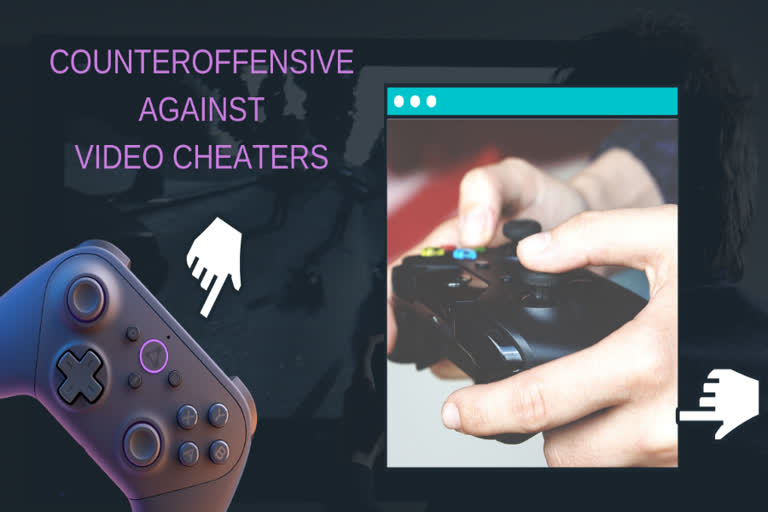Dallas: Counter-Strike is a series of games in which players work in teams to counter terrorists by securing plant locations, defusing bombs, and rescuing hostages. Players can earn in-game currency to buy more powerful weapons, which is a key to success. Various software cheats for the game are available online.
"Sometimes when you're playing against players who use cheats you can tell, but sometimes it may not be evident," said Md Shihabul Islam, a UT Dallas computer science doctoral student in the Erik Jonsson School of Engineering and Computer Science and lead author of the study, who plays Counter-Strike for fun. "It's not fair to the other players.
Cheating incidents also can have serious consequences in esports, a fast-growing industry with annual revenues close to $1 billion. Cheating can result in sanctions against teams and players, including disqualification, forfeiture of prize money, and a ban on future participation, according to the Esports Integrity Commission based in the United Kingdom.
Detecting cheating in MMO games can be challenging because the data that goes from a player's computer to the game server is encrypted. Previous research has relied on decrypted game logs to detect cheating after the fact. The UT Dallas researchers' approach eliminates the need for decrypted data and instead analyzes encrypted data traffic to and from the server in real-time.
"Players who cheat send traffic in a different way," said Dr. Latifur Khan, an author of the study, professor of computer science, and director of the Big Data Analytics and Management Lab at UT Dallas. "We're trying to capture those characteristics."
